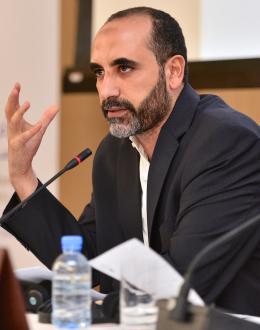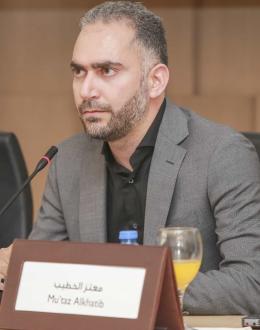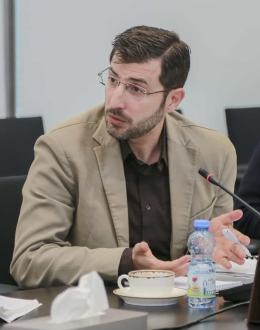About the MA
Our modern world is shaped by remarkable developments in almost all aspects of life, including politics, socio-economic affairs, and gender relationships, in addition to biomedical and technological advancements. Besides their great benefits, these developments and advancements have also raised deep moral questions and challenges.
In line with Qatar’s National Vision 2030 to develop a knowledge-based society and HBKU’s mission to develop world-class interdisciplinary academic programs, in 2019 CILE launched/inaugurated the first of its kind two-year Master of Arts (MA) program in Applied Islamic Ethics (AIE) in recognition of/response to the increasing need for greater efforts dedicated towards tackling and addressing some of the deep moral issues presented by the modern world in a way that remains faithful to the Islamic “moral world”.
Through a strong interdisciplinary approach that combines in-depth knowledge of both theoretical and applied ethics rooted in the Islamic tradition, the program addresses how Islam as a world religion with a rich moral heritage can engage with and contribute to the global moral discourse.Designed for students looking to further develop and specialize their knowledge in the field of Applied Islamic Ethics this full/part-time master’s program is designed to equip students with the skills required to master the tools of theoretical ethics and how they can be applied to address leading-edge ethical dilemmas from the perspective of the rich Islamic ethical tradition.
In this light, the overall structure of the program is designed to address two main aspects:
- [1] ‘the academic aspect’ of Islamic ethics, through a scholarly approach rooted in the Islamic tradition; and
- [2] the ‘applied aspect’ of Islamic Ethics to improve students’ skills in addressing the vexing ethical dilemmas and questions that people face in contemporary times for the prospective market of professional work.
Find out more about:
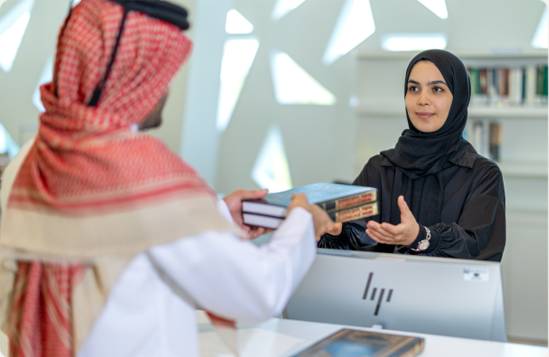
Research Intensive Program
- Close collaboration with the activities run by CILE
- Students will have access to closed research seminars and related activities run by CILE
- Students get related assignments including writing reports about these activities
Our Professors
Academic Opportunities
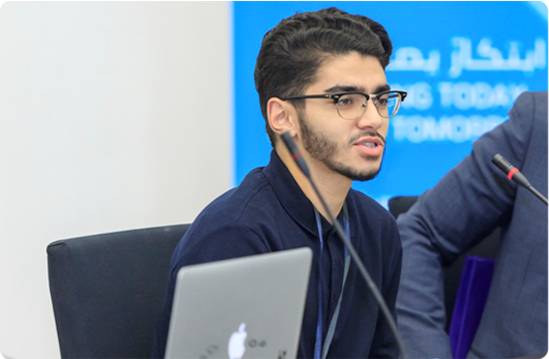
Besides following courses, students of the AIE program have further opportunities to improve their skills, knowledge and understanding. For example, they are able to participate in regular research seminars, the annual international conference, training sessions, public lectures and many other activities organized by CILE. During these activities, our students are in direct contact with renowned scholars and researchers from all over the world. Our students also have opportunities to work as Research Assistants in projects led by the program professors and to present their research in international conferences inside and outside Qatar.
Graduate Prospectives
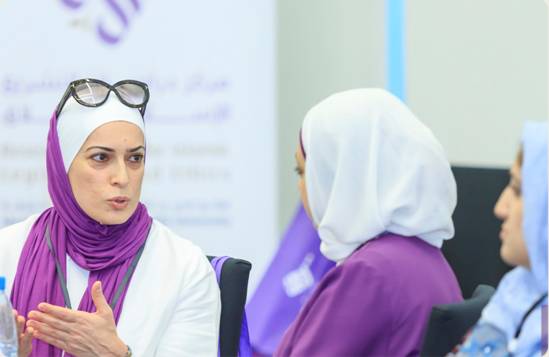
Pursuing this degree in a pioneer field provides students with great potential in both academia and the wider labor market. Graduates have opportunities to continue their academic studies at the PhD level in the many fields covered in this program, or they may choose to work in a professional environment by contributing towards the regulation of ethical guidelines and policies in government and private institutions active in a wide range of areas, including biomedical sciences, engineering, business, politics, family, and human rights–in Muslim and Western contexts.Graduates of this program are expected to be able to:
- Provide a critical review of the main concepts, approaches, and theories of ethics in the Islamic tradition, as developed by various scholars and schools of thought throughout history.
- Compare and analyze how different disciplines approach ethical questions from various perspectives.
- Transfer the knowledge of theoretical ethics to practical and applied ethics by envisaging possible solutions for real-life problems and challenges.
- Conduct academic research which addresses current and future ethical challenges encountered by Qatar, other countries in the Gulf region, and worldwide.
- Demonstrate how insights rooted in the Islamic tradition can enrich the global deliberations on ethical challenges and dilemmas.
Admission and Application Requirements
Become a thought leader in the rich research ecosystem of the College of Islamic Studies at HBKU. Dive into discussions on Islamic bioethics, ethical reasoning, and ethical debates in politics, environment, artificial intelligence, gender, human rights, religion, and so much more.
